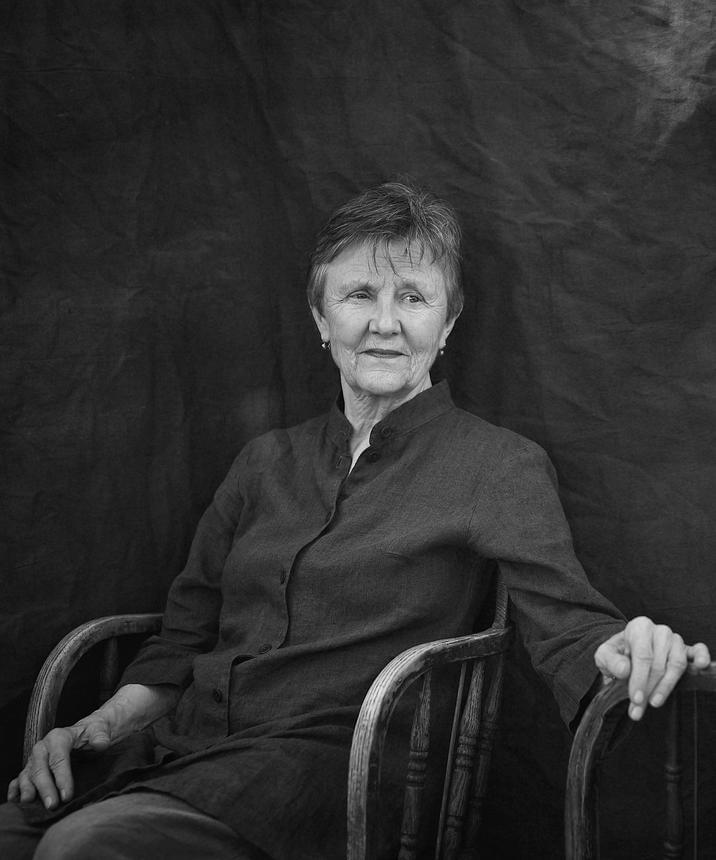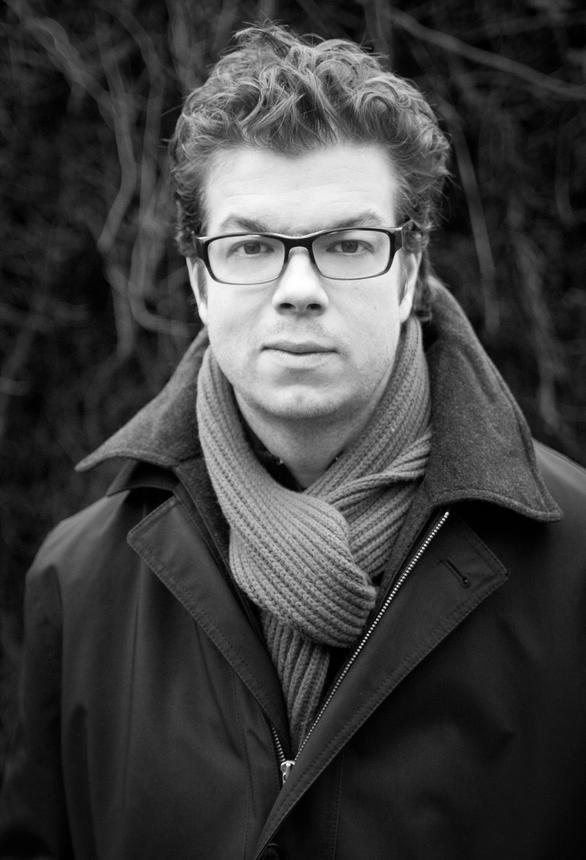Introduction by Ben Lerner
A captivating and deeply personal novel from one of Australia’s most respected authors.
Athena and Dexter live a happy but insular life, bound by routine and the care of their young sons. When Elizabeth, an old friend from Dexter’s university days, turns up with her much younger sister, Vicki, and her lover, Philip, she brings an enticing world to their doorstep. And Athena finds herself straining at the confines of her life.
Helen Garner portrays her characters with a clear eye for their dreams, their insecurities and their deep humanity in this intimate and engaging short novel, which was first published in 1984. The Children’s Bach is ‘a jewel’, in Ben Lerner’s description, ‘beautiful, lapidary, rare’.
Helen Garner is one of Australia’s finest authors. In 2006 she received the inaugural Melbourne Prize for Literature, and in 2016 she won the prestigious Windham–Campbell Prize for non-fiction. Her novels include Monkey Grip, The Children’s Bach, Cosmo Cosmolino and The Spare Room.
There was a piano in the kitchen and during the day Athena would shut herself in there under the portrait of Dexter’s father and pick away at Bartok’s Mikrokosmos or the easiest of Bach’s Small Preludes. Preludes to what? Even under her ignorant fingers those simple chords rang out like a shout of triumph, and she would run to stick her hot face out of the window.
REVIEWS and INTERVIEWS
Harper’: New Books
LA Times
Lit Hub: 5 Books You May Have Missed in November
LitHub
London Review of Books
The New Yorker: Ben Lerner on The Children's Bach
NPR: This Australian writer might be the greatest novelist you've never heard of
Public Books: On our Nightstand: January 2020
Public Books: On our Nightstand: March 2020
Shelf Awareness (starred review)
andThe Children’s Bach
‘Garner is a natural storyteller.’
‘What a wonderful writer. Her prose is spare and beautiful, her stories are truthful and touching. There are very few writers that I admire more than Helen Garner.’
‘Her use of language is sublime.’
‘This is the power of Garner’s writing. She drills into experience and comes up with such clean, precise distillations of life, once you read them they enter into you. Successive generations of writers have felt the keen influence of her work and for this reason Garner has become part of us all.’
‘Its embattled characters are so real that by the last page you feel not just that you have read a magnificent novel but that you have experienced life itself.’
‘Garner wears her mastery lightly—the novel never draws undue attention to its own modernist tricks. Unfolding, as the title suggests, like a halting piece of music, its effects are subtle and unexpected.’
‘This book feels restorative, filled with carefully observed moments.’
‘What Garner offers in these novels is an alternative to the cloying metafiction of the late 20th century and the washed-out realism of the 21st. They are undeniably of their time – the 1970s commitment to the liberating possibilities of sex, drugs and communal living in Monkey Grip, the hangover nursed in the 1980s in The Children’s Bach – but they also belong to a literary epoch we think of as long gone, as they earnestly strive to resurrect a modernist art of estrangement.’
‘Garner writes in pulses rather than scenes and keeps up an unsentimental reserve. She is neither lyrical nor fashionably remote—just all sinew…As for the novel’s miraculous final pages, they get family love right: the farewells at the heart of every homecoming.’
‘Children’s Bach is [Garner’s] masterpiece.’
‘The short 1984 novel many consider the eminent Australian author’s masterpiece…Brilliantly constructed and puzzling in a good way, the way that even our lives can be puzzling to us.’
‘Helen Garner, the Australian novelist, journalist, diarist and screenwriter who, at 80, occupies the galvanizing spot in her culture once held in America by the likes of Mary McCarthy, Joan Didion and Susan Sontag. Steeped in her messy personal experience of the counter-culture and the gender wars, Garner’s books win big prizes, kickstart controversies and say things other people rarely dare.’
‘If there’s one impulse that connects all her work — the true-crime books and those that earned her grief for airing uncomfortable truths — it is the recognition of the humanity of villains and victims alike.’

 HardbackISBN: 978192577304029 October 2018
HardbackISBN: 978192577304029 October 2018

















